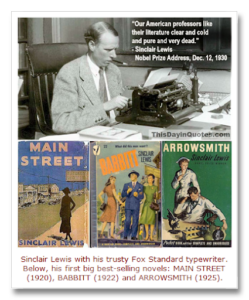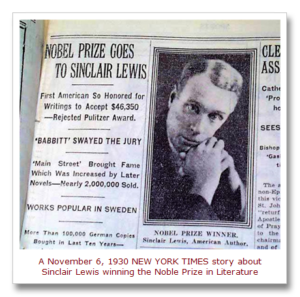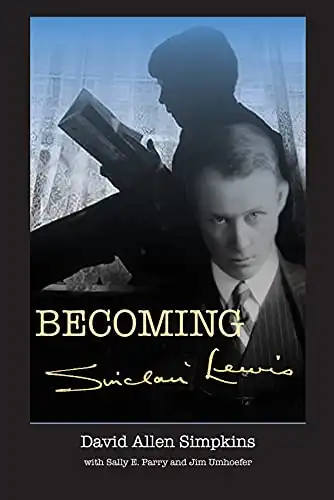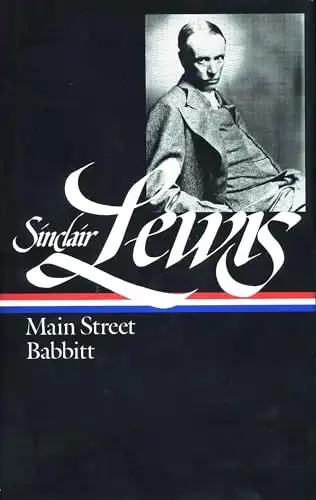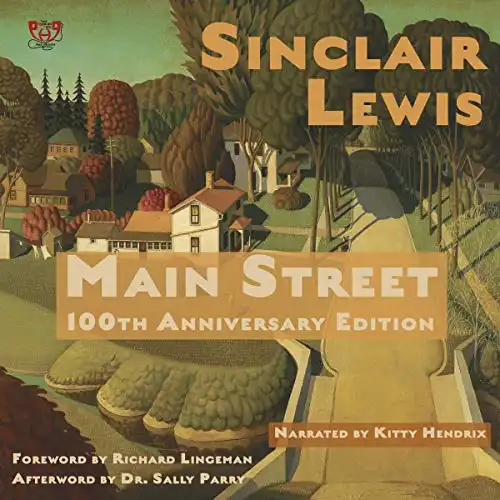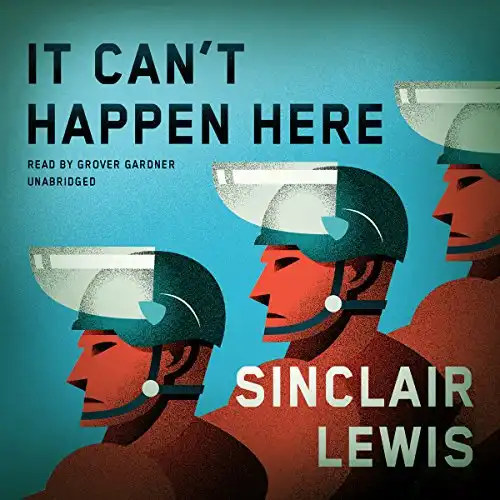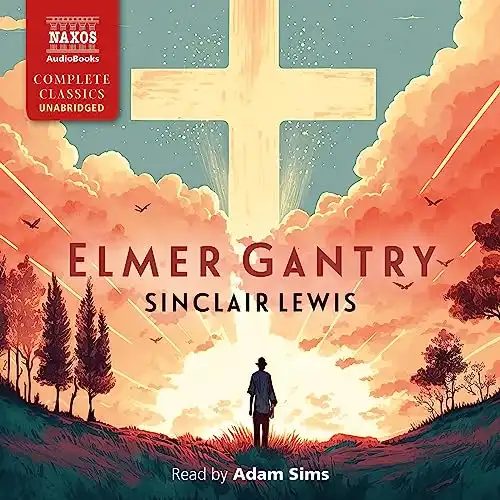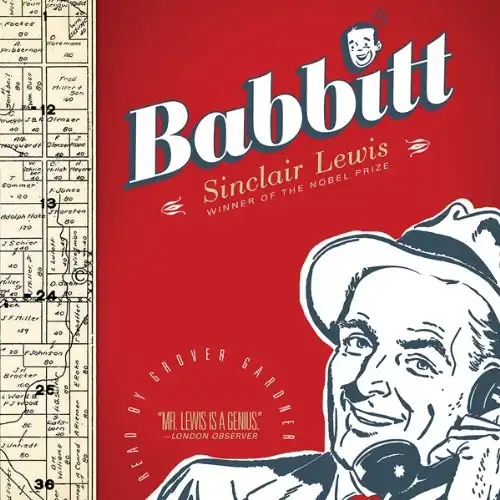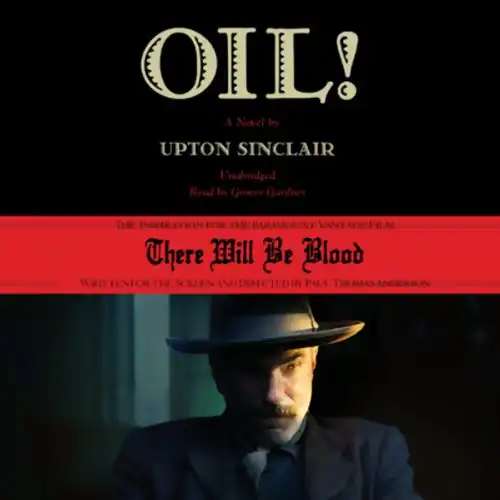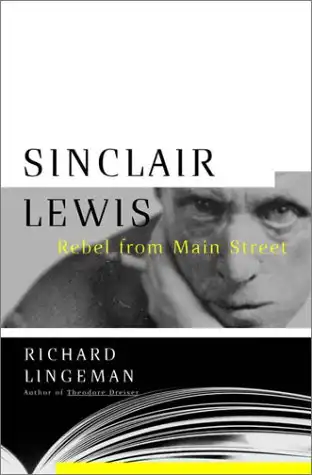In the 1920s, Sinclair Lewis became one of the most successful writers in America.
During that decade he penned a series of five hugely popular novels: Main Street, Babbitt, Arrowsmith, Elmer Gantry and Dodsworth.
In 1930, Lewis became the first American writer to be awarded the Nobel Prize in Literature by the Swedish Academy that makes decisions about that award. He was given the award not for one specific book but in recognition of “his vigorous and graphic art of description and his ability to create, with wit and humour, new types of characters.”
When Lewis gave his official acceptance address to the Swedish Academy in Stockholm on December 12, 1930, he made a remark that would become a famous, widely-cited quotation:
“Our American professors like their literature clear and cold and pure and very dead.”
The story behind that quote involves some now little-known facts about America’s literary and academic history.
In the culture war of recent decades, the most common criticism of college professors as a group has been the claim that they are mostly left-leaning, “effete intellectual,” anti-American liberals.
But in the early decades of the Twentieth Century, America’s academic establishment seemed stuffily conservative to boundary-pushing writers like Lewis.
The members of the nation’s top official organization dedicated to fostering “excellence” in American literature, the American Academy of Arts and Letters, was largely composed of hidebound academics and celebrities who were almost all elderly, White and male.
And, through most of the 1920s, the guidelines for awarding America’s annual Pulitzer Prize for fiction stated that the prize was intended to be “for the American novel published during the year which shall best present the wholesome atmosphere of American life, and the highest standard of American manners and manhood.”
Lewis’ first widely-read novel, Main Street (1920), satirized the typical close-minded society of small towns in America. His second, Babbitt (1922), skewered middle-class American businessmen and families. Both titles became symbolic terms for social conformity.
Main Street and Babbitt were huge bestsellers, praised by many critics and suggested as nominees for the Pulitzer Prize. But they clearly bumped up against the outdated guidelines for that award and neither won.
In 1926, the Pulitzer Prize Committee finally did decide to give Lewis a Pulitzer for his third bestseller, Arrowsmith, a novel that focused on an idealistic doctor. However, at that point Lewis decided to thumb his nose at them and refused to accept it.
The letter he wrote to the Committee foreshadows his later Nobel Prize address.
Lewis said the “wholesome” guideline language for the Pulitzer meant that “the appraisal of the novels shall be made not according to their actual literary merit but in obedience to whatever code of Good Form may chance to be popular at the moment.”
“Between the Pulitzer Prizes, the American Academy of Arts and Letters…amateur boards of censorship, and the inquisition of earnest literary ladies,” he added, “every compulsion is put upon writers to become safe, polite, obedient, and sterile. In protest…I must decline the Pulitzer Prize.”
Four years later, when Lewis won the Nobel Prize in Literature, one tight-assed member of the American Academy of Arts and Letters attacked the decision publicly. By awarding the prize to a writer who had scoffed at American institutions, he sniffed, the Nobel Committee and the Swedish Academy had insulted America.
Lewis reflected on all this in the acceptance address he gave in Sweden on December 12, 1930.
He titled it “The American Fear of Literature.” And, in it, he aimed some pointed barbs at America’s academic and literary establishment.
He criticized the American Academy of Arts and Letters saying, among other things: “It does not represent the literary America of today, it represents only Henry Wadsworth Longfellow.”
He also took another poke at the Pulitzer Committee and others who tried to make literature conform to rah-rah, politically-correct standards.
In America, he said:
“…even writers are still afraid of any literature which is not a glorification of everything American…To be not only a best seller in America but to be really beloved, a novelist must assert that all American men are tall, handsome, rich, honest, and powerful at golf; that all country towns are filled with neighbors who do nothing from day to day save go about being kind to one another; that although American girls may be wild, they change always into perfect wives and mothers.”
Then, Lewis took some shots at the typical professors of literature at America’s universities, in a section of the speech that ends with his famous quotation:
“To a true-blue professor of literature in an American university, literature is not something that a plain human being, living today, painfully sits down to produce. No; it is something dead; it is something magically produced by superhuman beings who must, if they are to be regarded as artists at all, have died at least one hundred years before the diabolical invention of the typewriter. To any authentic don, there is something slightly repulsive in the thought that literature could be created by any ordinary human being, still to be seen walking the streets, wearing quite commonplace trousers and coat and looking not so unlike a chauffeur or a farmer. Our American professors like their literature clear and cold and pure and very dead.”
Lewis’ Nobel Prize address caused a huge uproar when it was reprinted in newspapers in the United States.
But as Liberace once put it, Lewis laughed all the way to the bank.
Recipients of the Nobel Prize receive a large monetary award; hundreds of thousands in Lewis’ time, now nearly $1 million.
When reporters asked what was he going to do with all that money, Lewis quipped that he would use it to support a young American author — himself.
* * * * * * * * * *
Comments? Corrections? Questions? Email me or post them on my Famous Quotations Facebook page.
Related reading and listening…


